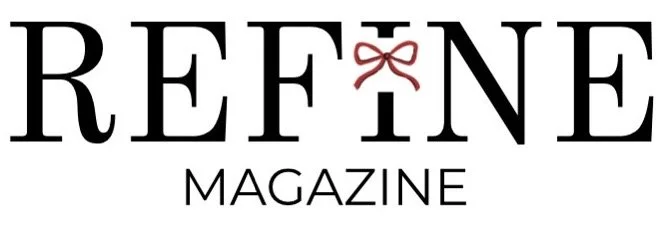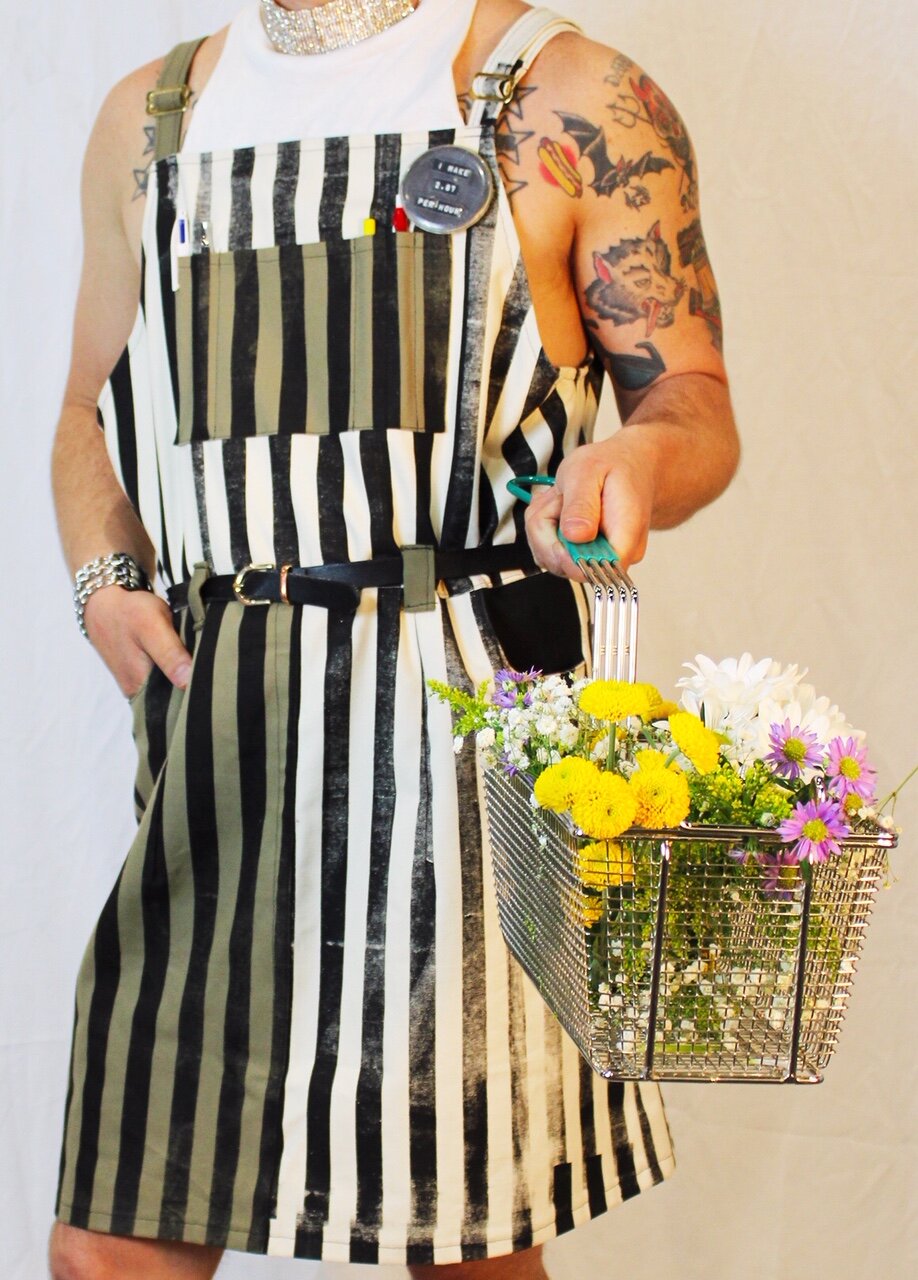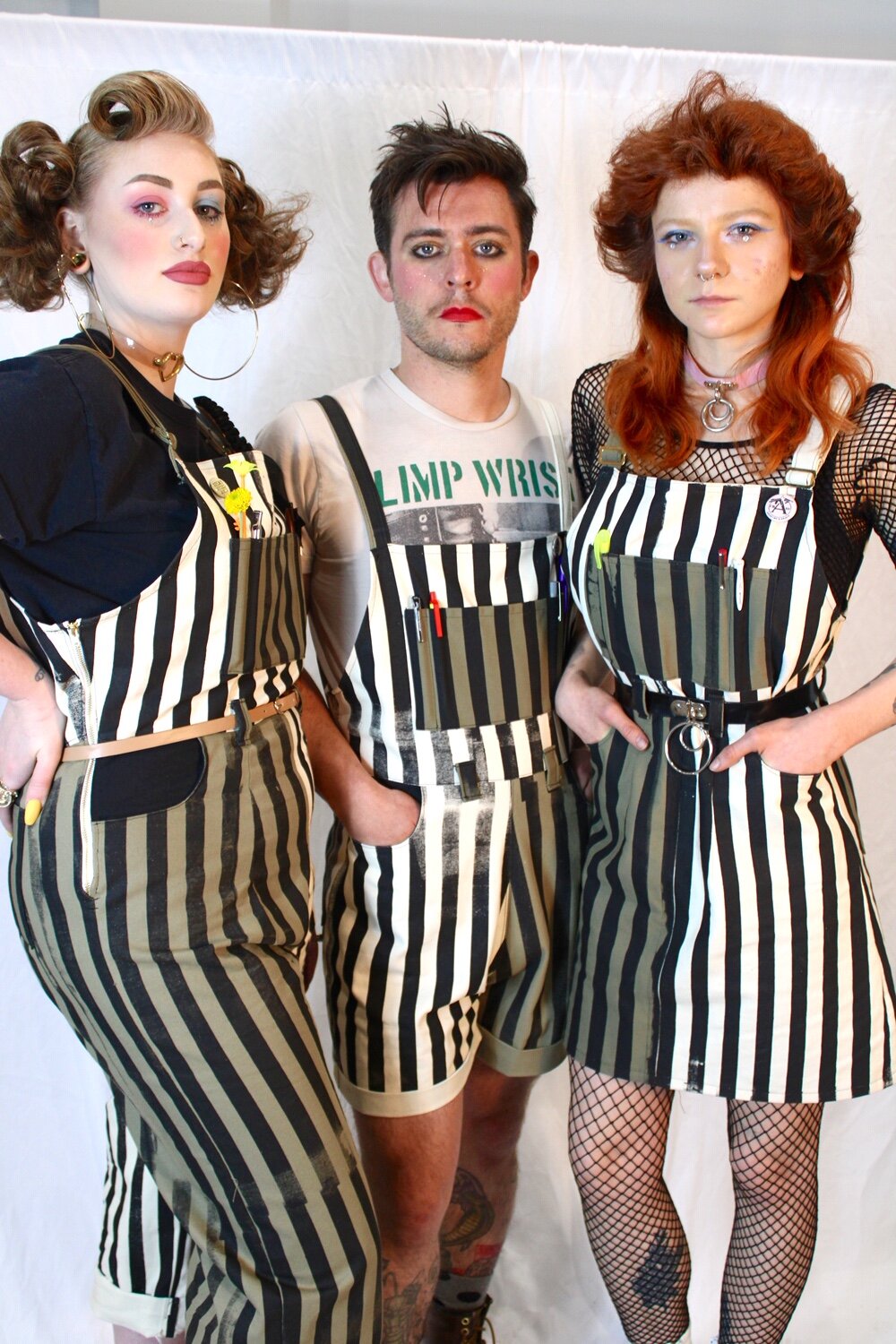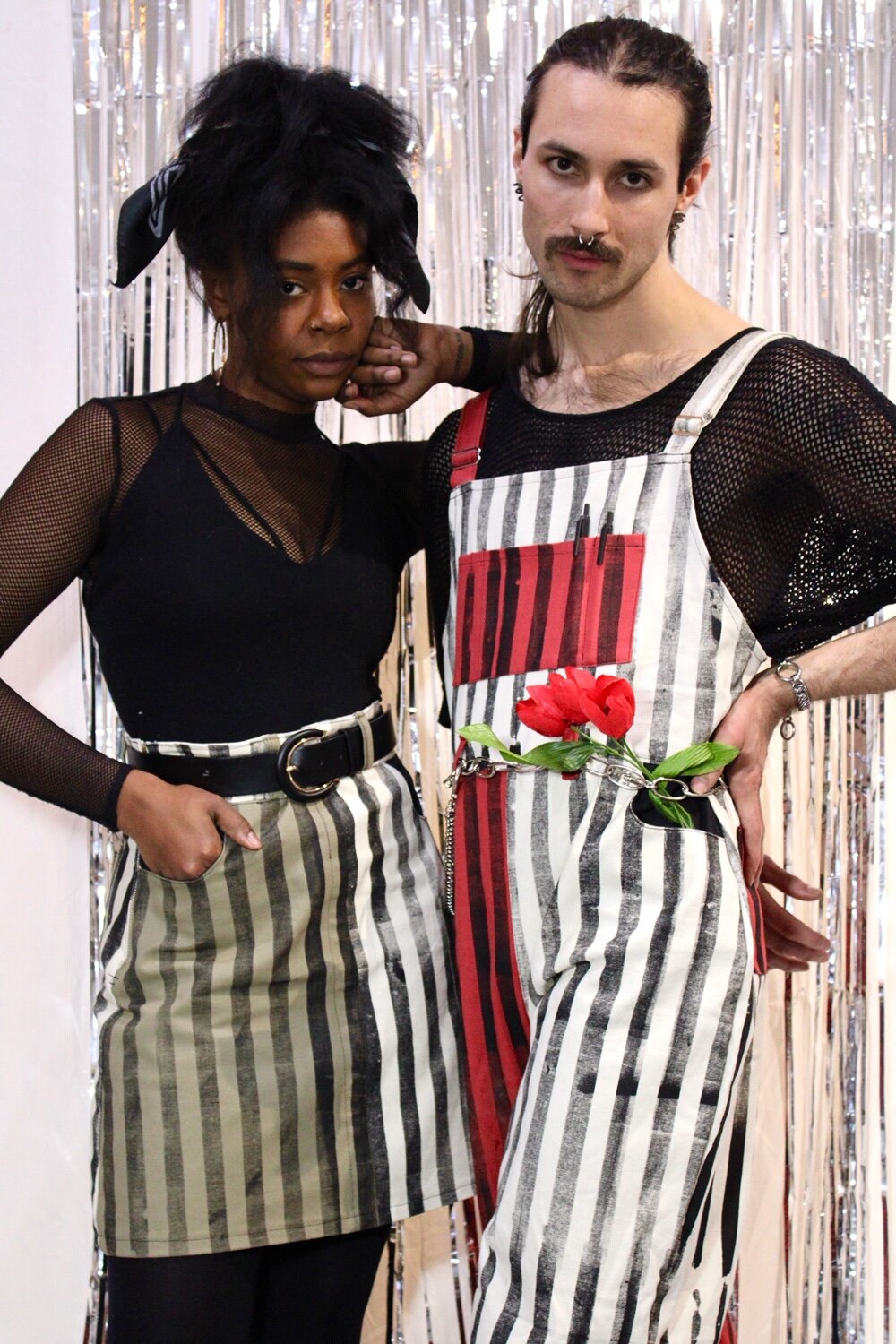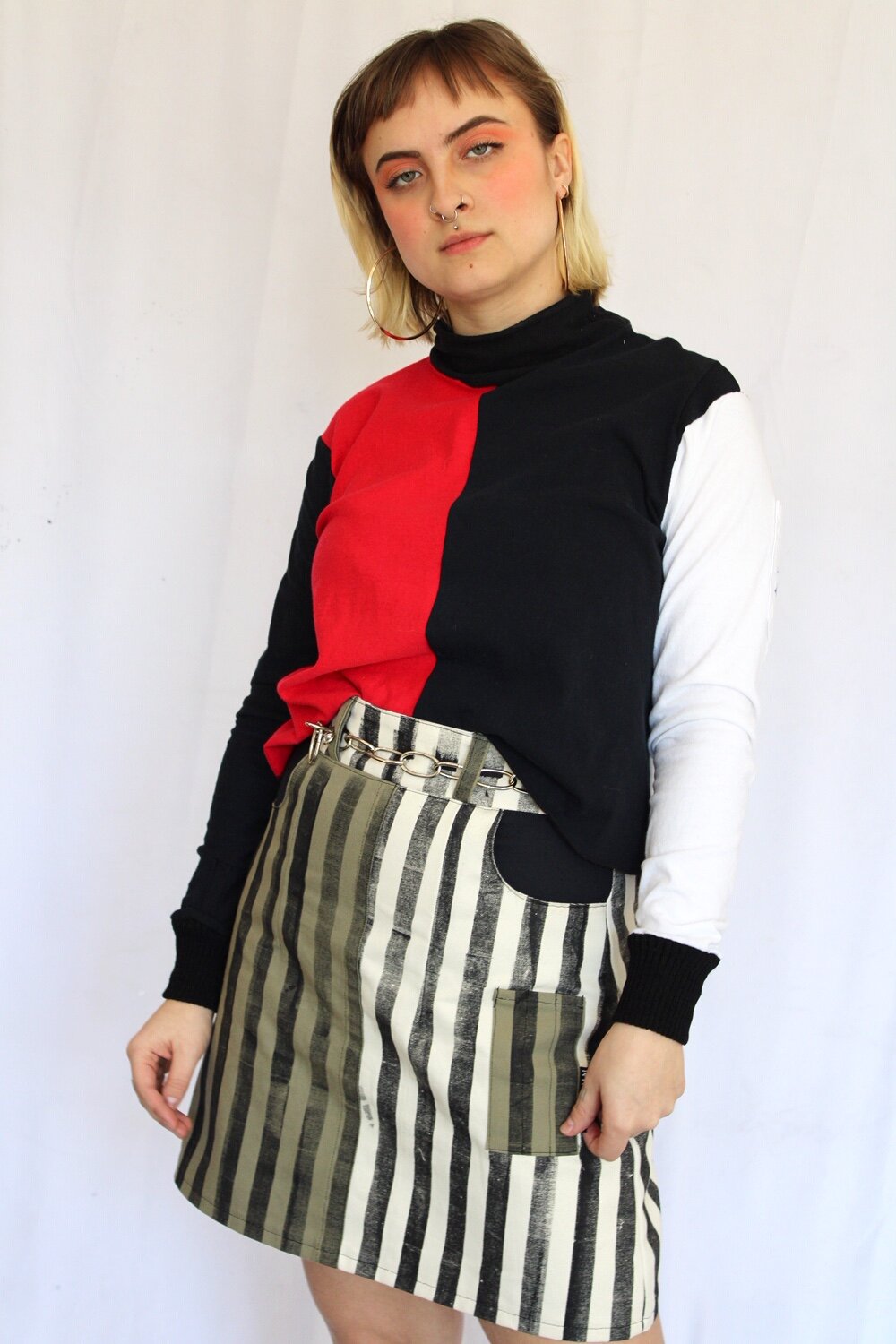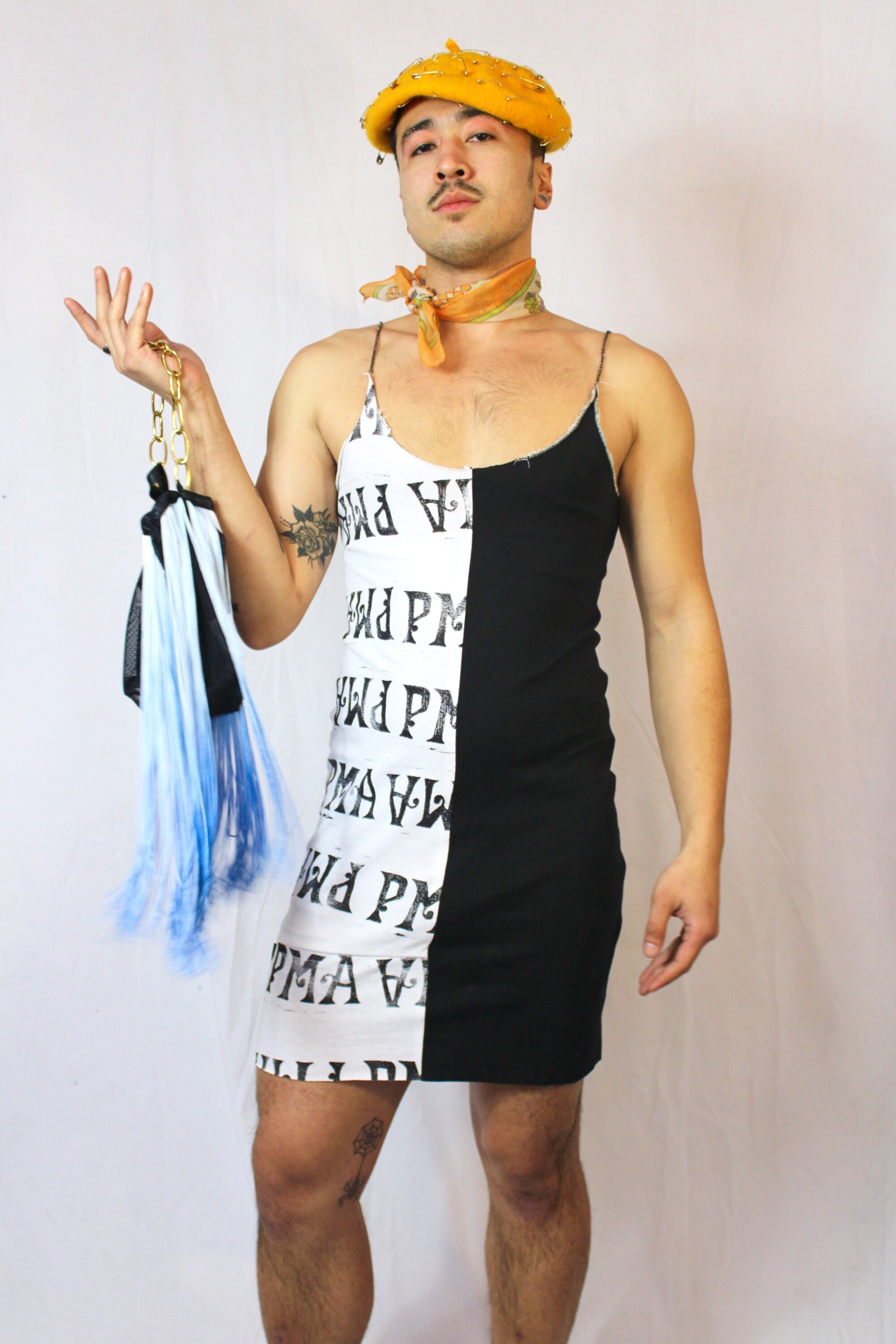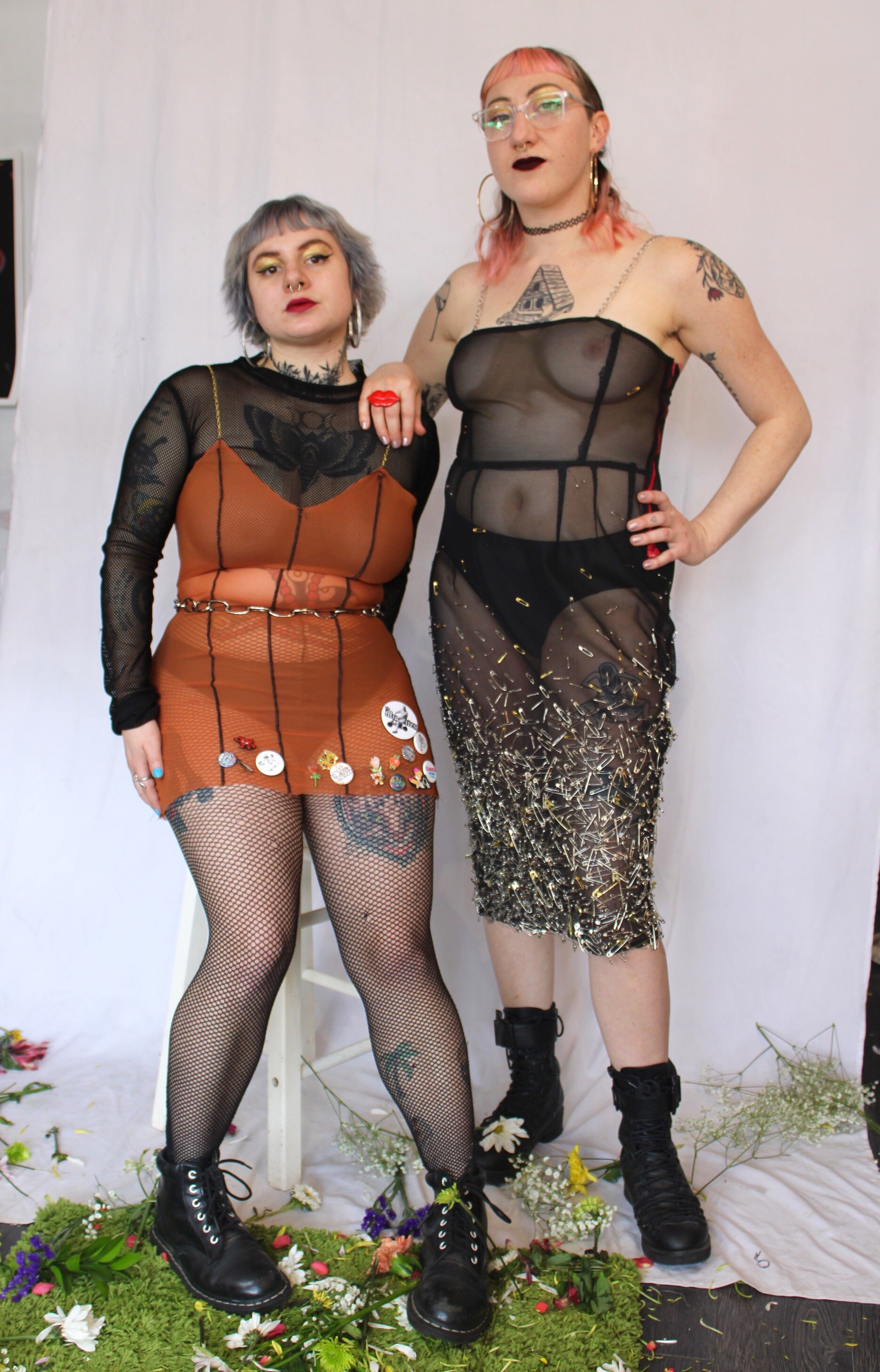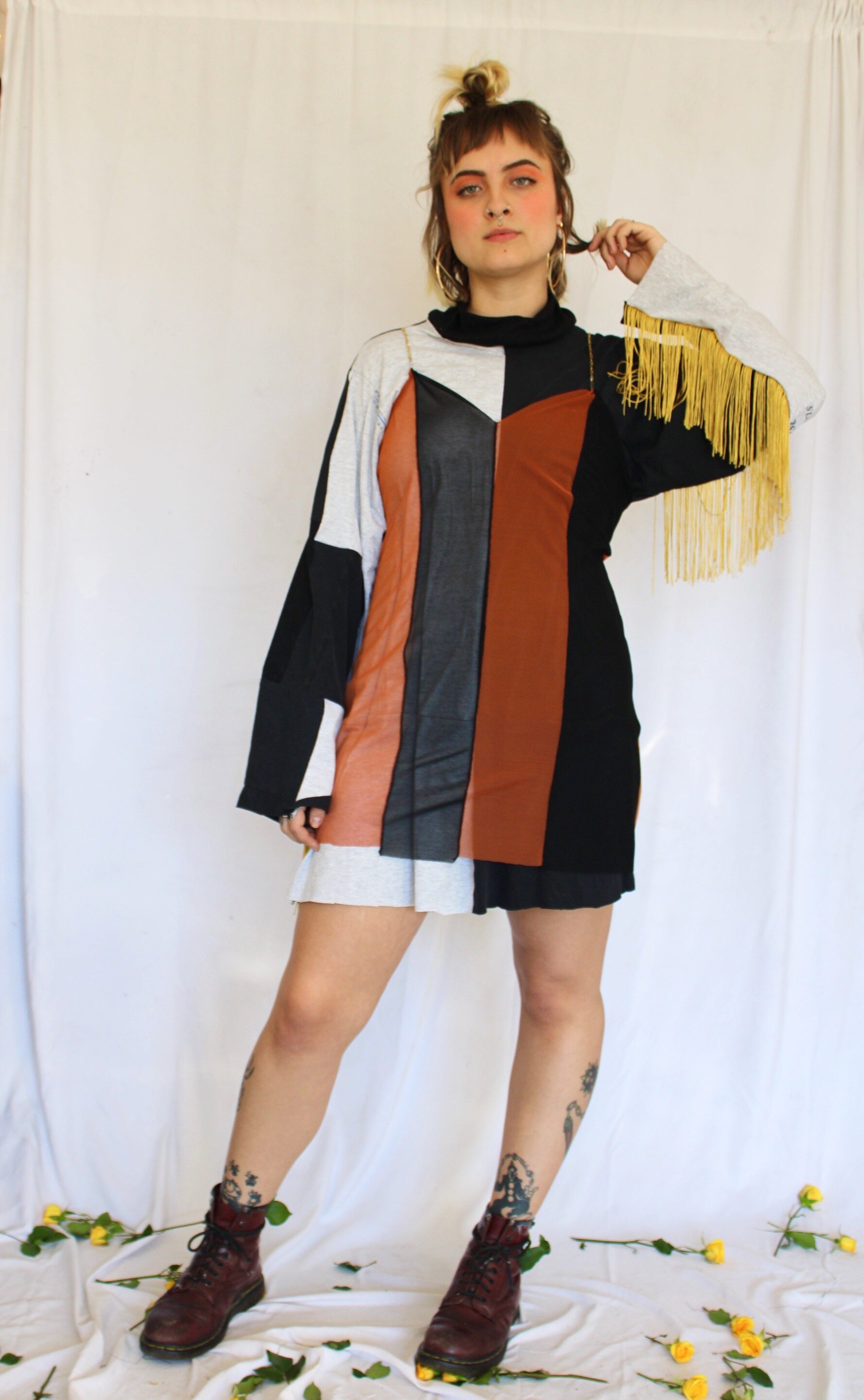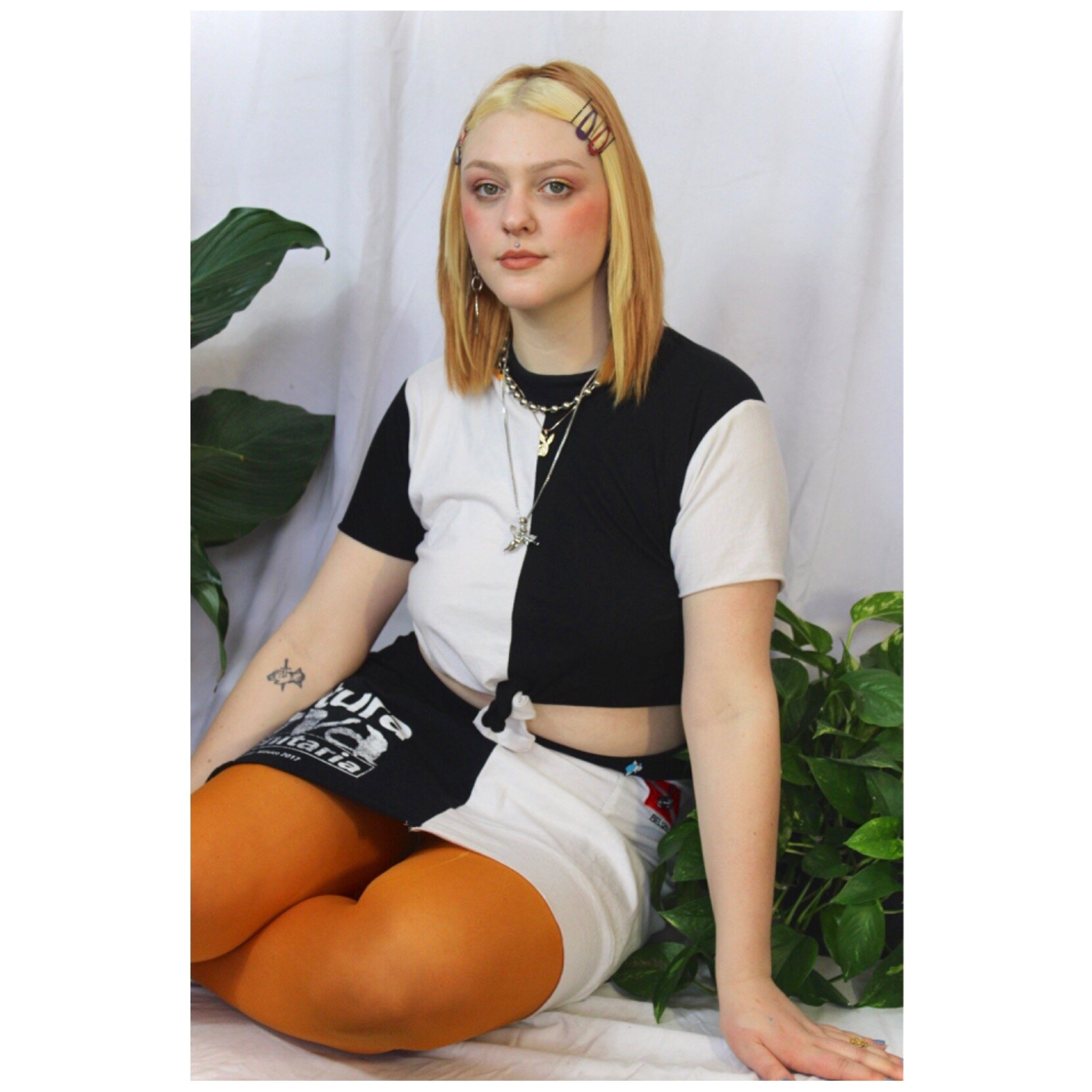The Creative Mind Behind Unknown Apparel: Elektra Oliveira
Photo courtesy of Elektreka Oliveira
By Raven Lawson
“F*ck fast fashion—Reclaim the Streets!”
That is the message Elektreka Oliveira wants to spread with her punk rock inspired brand.
Oliveira, a 32-year-old designer behind Unknown Apparel, who has faced harsh words and rejection for her art but is now running her own successful business based in Philadelphia.
Originally raised in the Bay Area of California, Oliveira has always had a passion for fashion and all different forms of art. She remembers spending hours sketching designs both for herself and her friends.
Although Oliveira spent most of her childhood running around the city of San Francisco, she lived in New York City for six years before her family moved to the West Coast. She was accustomed to living in a city with free spirits but wanted to explore other parts of the country.
She returned to the East Coast almost three years ago, settling in Philadelphia “to find myself and reintroduce myself to the happier side of life,” she said.
With less than a year on the Philly fashion scene, Unknown Apparel is already known for its bold designs, all of which draw inspiration from workers in the service industry. With her designs, Oliveira strives for an emphasis on functionality and fashion.
“I was making things for my friends, and I feel like I was making things for people that I've seen in the service industry for years,” Oliveira said.
Unknown Apparel’s mission is to create clothing for everyone. The brand has different variations of its original Unknown jumpsuit for men, women, and non-binary individuals in various working-class industries.
“Everybody is kind of unknown and if you're representing everybody, we're really all just in our own world,” Oliveira said.
While her family and friends have always been supportive of her goal to pursue fashion, Oliveira recalls a time before the Unknown Apparel website had officially launched when she faced negative criticism.
Oliveira had an Etsy site before she had her website and recalls a blog called “Regretsy” which was dedicated to highlighting the bizarre or “offbeat” items offered on Etsy.
“I was just kind of playing around with fabric,” she said. “I did this photoshoot with my friends where I dressed them up in all this black metal makeup and I put them in my dresses, and we went to the playground. We took these photos, and then the next thing I know, I was on the front cover of Regretsy, and all these people were talking horribly about my work.”
Although she faced criticism, the designer has a very constructive outlook on rejection.
“Inside my heart their words were hurtful, but at the same time the amount of people who were like, ‘She's really cool,’ made me realize that people are going to hate, especially if you’re doing something cool,” Oliveira said.
She feels as though the fashion industry is going back to its roots in that people are starting to steer away from bigger high-fashion brands and are instead getting their clothes from local designers.
“I really like seeing that more people are reclaiming the streets,” she said.
To Oliveira, the industry is returning to a process of diffusion where people are utilizing social media instead of going through big fashion companies.
“People see each other wearing something and say, ‘Oh, who did you go to for that piece?’ and I feel like Instagram is really helping to foster those kinds of connections,” Oliveira said. “Instead of being focused on this or that name brand, people are more into the designers and the artwork they create.”
While Oliveira is happy to see the shift from big business to small business, she does feel that the fashion industry has a long way to go in terms of sustainability.
To help this, her latest project is focused around upcycling and reconstructing desirable basics from T-shirts that are stylish and chic.
“I see bins and bins of t-shirts, and that's a huge addition to our waste and the climate of our environment,” Oliveira said. “The amount of water that goes into the making of the cotton and then the manufacturing.”
She has noticed that oftentimes people only wear certain t-shirts for a short period of time before they throw them away. Those t-shirts often spend years in dumps, which negatively impacts our environment.
“It breaks my heart because I see a lot of waste happening in Philadelphia, and I see a lot of recycling not happening, so I was like, ‘I’ve got to do something,’” Oliveira said.
The Philly-based designer is looking forward to collaborating with more brands in the future to create everyday wardrobe pieces that are stylish, yet durable. And when it comes to facing rejection, Oliveira said, “Usually if you’re getting rejected, it’s probably because you’re doing something right, people tend to want to break down those who are killing it.”
